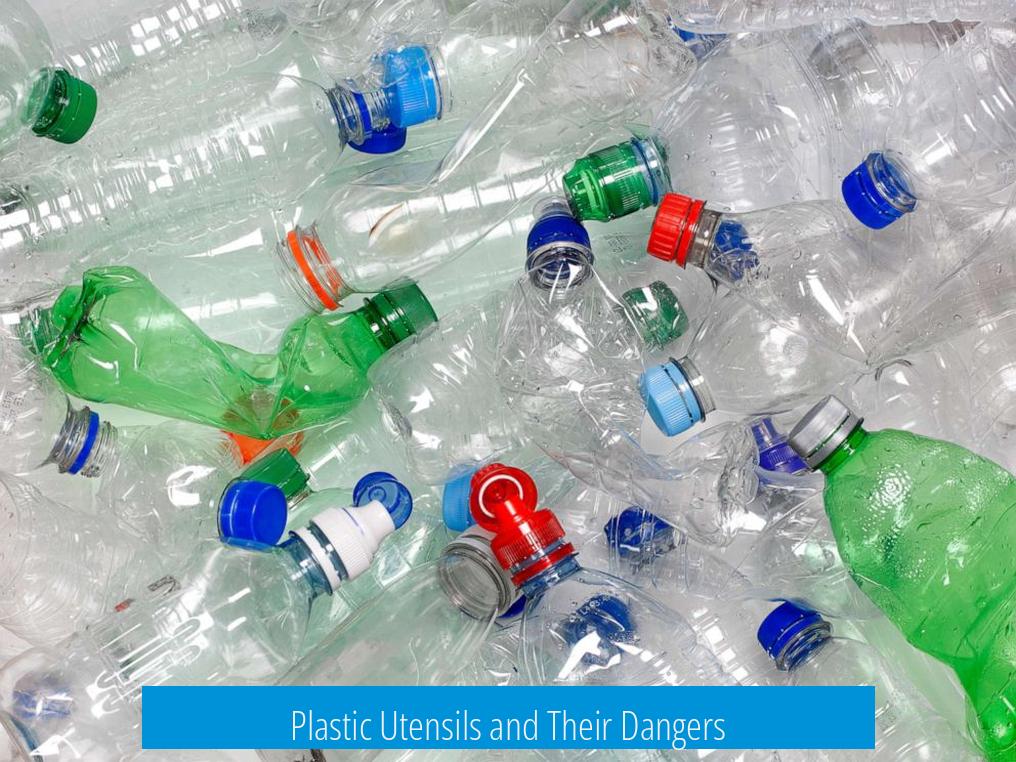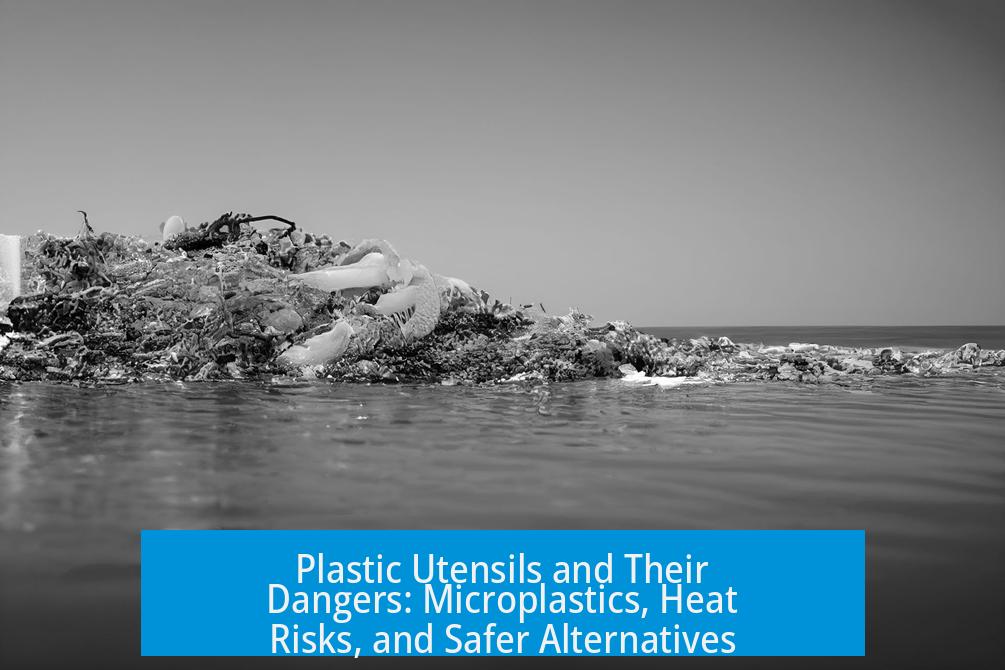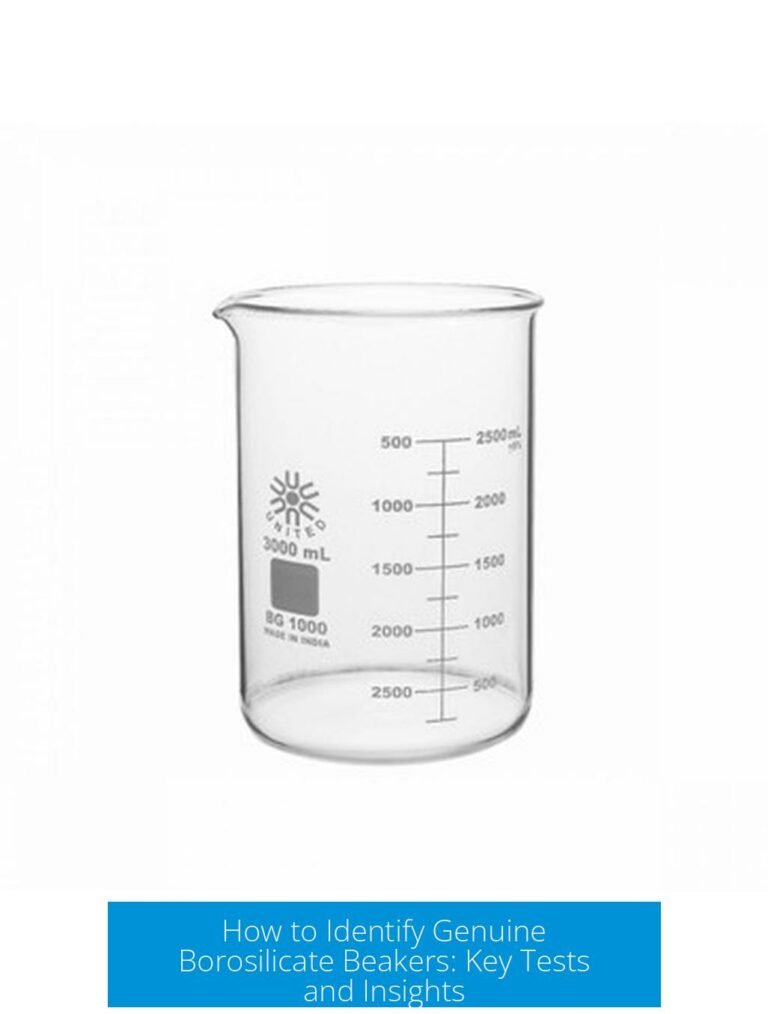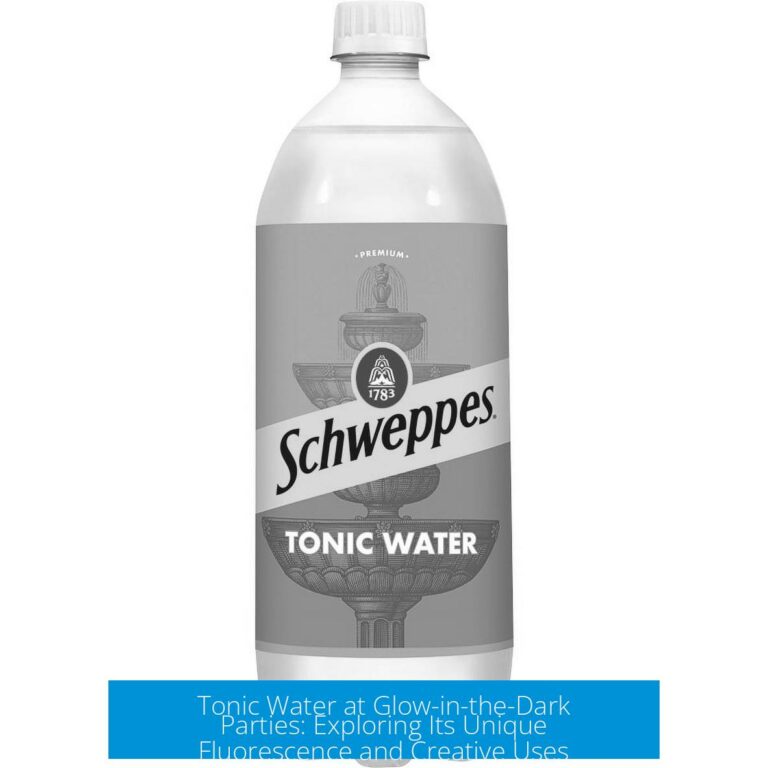Plastic Utensils and Their Dangers

Plastic utensils pose health risks primarily due to chemical leaching and heat-related safety issues, although the evidence on microplastics causing harm remains inconclusive. Understanding these dangers helps consumers make informed choices.
Microplastics from Plastic Utensils
Plastic utensils can shed microplastics, tiny plastic fragments, during use. Microplastics appear everywhere, not only from utensils but from many sources in daily life.
Current research does not provide strong evidence that microplastics cause direct harm to humans. Claims about their negative effects are largely speculative. Some studies even suggest possible neutral or beneficial impacts, though this is not confirmed.
Heat-Related Chemical Concerns
When plastic utensils are exposed to heat, they can release chemicals such as bisphenols and plasticizers into food. This leaching can pose health risks, especially if utensils melt or degrade.
- Use heat-resistant utensils designed for cooking temperatures to avoid melting or chemical release.
- Avoid prolonged exposure of plastic utensils to high heat.
- Food-safe labeled plastics generally minimize microplastic shedding but may still leach certain chemicals.
Chemical Contaminants in Plastics
Some plastic utensils, especially black ones, can contain recycled plastics from electronic waste. These may carry harmful substances like flame retardants that do not break down and may leach into food.
Since it can be difficult to identify if utensils contain recycled plastic, experts recommend switching away from black plastics.
It is important to note that materials such as nylon and silicone, though alternatives, remain types of plastic and carry their own concerns.
Recommended Alternatives
- Use utensils made of metal or wood for durability and safety.
- Choose high-temperature resistant silicone designed specifically for cookware.
- Consider long-lasting options like stainless steel or wooden utensils for everyday use.
These alternatives reduce the risk of chemical exposure and environmental pollutants associated with plastic utensils.
Perspective on Risk
Risk from plastic utensils should be viewed in context. For example, red meat is classified as a known carcinogen yet remains widely consumed.
If plastic utensils do not affect food taste and have been used without problems, urgency to replace them may be low. Nonetheless, safer options provide long-term benefits.
Key Takeaways
- Plastic utensils can release chemicals and microplastics, but health impacts of microplastics are not well established.
- Heat exposure increases the risk of harmful chemical leaching from plastic utensils.
- Black plastic utensils may contain recycled materials with toxic chemicals; avoiding them is advised.
- Metal, wood, and high-temp silicone utensils offer safer and durable alternatives.
- Consider overall risk and personal use habits when choosing kitchen utensils.





Leave a Comment